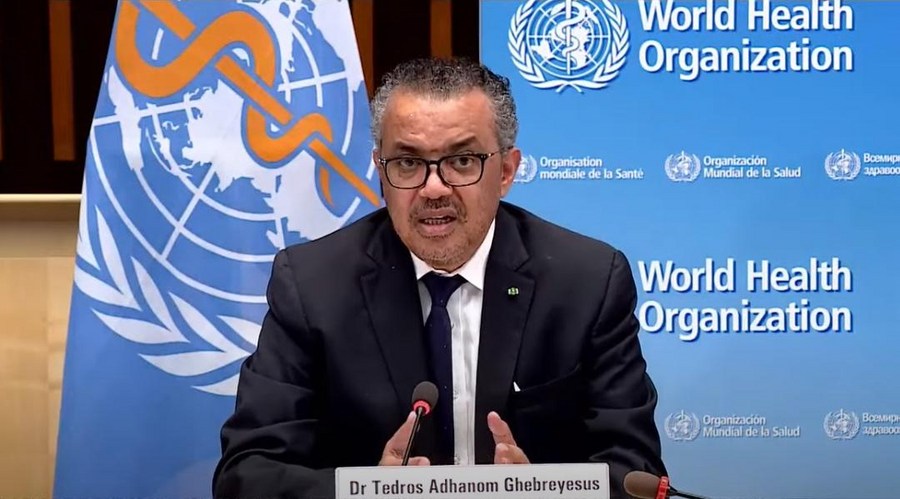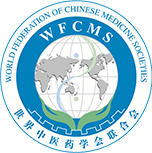COVID-19 still a global health emergency despite drop in cases, deaths: WHO
Release time: Apr 14,2022
Reading volume: 1952

Video screen shot taken on May 7, 2021 shows World Health Organization (WHO) Director General Tedros Adhanom Ghebreyesus attending a press briefing in Geneva, Switzerland. [Photo/Xinhua]
GENEVA -- As the number of new COVID-19 cases and deaths continues to decline, the World Health Organization (WHO) said on Wednesday that the pandemic remains a public health emergency, advising countries to be prepared to scale up COVID-19 response rapidly.
"On COVID-19, there's good news. Last week, the lowest number of COVID-19 deaths was recorded since the early days of the pandemic," WHO Director General Tedros Adhanom Ghebreyesus told a press briefing here on Wednesday.
According to the WHO, the global number of new COVID-19 cases and deaths continued to decline during the week of April 4-10 for a third consecutive week, with over 7 million cases and over 22,000 deaths reported, a decrease of 24 percent and 18 percent, respectively, as compared to the previous week.
"However, some countries are still witnessing serious spikes in cases, which is putting pressure on hospitals. And our ability to monitor trends is compromised as testing has significantly reduced," Tedros said.
The WHO's COVID-19 International Health Regulations (2005) Emergency Committee released on Wednesday its recommendations from its latest meeting, which upheld that the COVID-19 pandemic continues to constitute a public health emergency of international concern (PHEIC).
The committee said that countries should continue to use evidence-informed and risk-based public health and social measures (PHSM) and be prepared to scale up PHSM rapidly in response to changes in the virus and the population immunity if COVID-19 hospitalizations, intensive care admissions and fatalities increase and compromise the health systems' capacity.
As the number of severe cases has dramatically declined in many countries -- in Britain, Sweden and the United States, among others -- widespread COVID-19 testing and surveillance programs have been widely scrapped there. This has led the WHO to call on all countries to sequence at least 5 percent of their COVID-19 samples in order to keep track of the coronavirus mutations.
According to Tedros, the WHO is currently following closely a number of Omicron sub-lineages, including BA.2, BA.4 and BA.5, and another recombinant detected, made up of BA.1 and BA.2.
In an earlier statement, the WHO said that scientists in Botswana and South Africa had detected new forms of the Omicron variant, labeled as BA.4 and BA.5. But due to the limited number of samples and sequencing, it is still not fully clear whether these might be more transmissible or dangerous.
"The best way to protect yourself is to get vaccinated and boosted when recommended. Continue wearing masks, especially in crowded indoor spaces. And for the indoors, keep the air fresh by opening windows and doors, and invest in good ventilation," the WHO chief advised.

